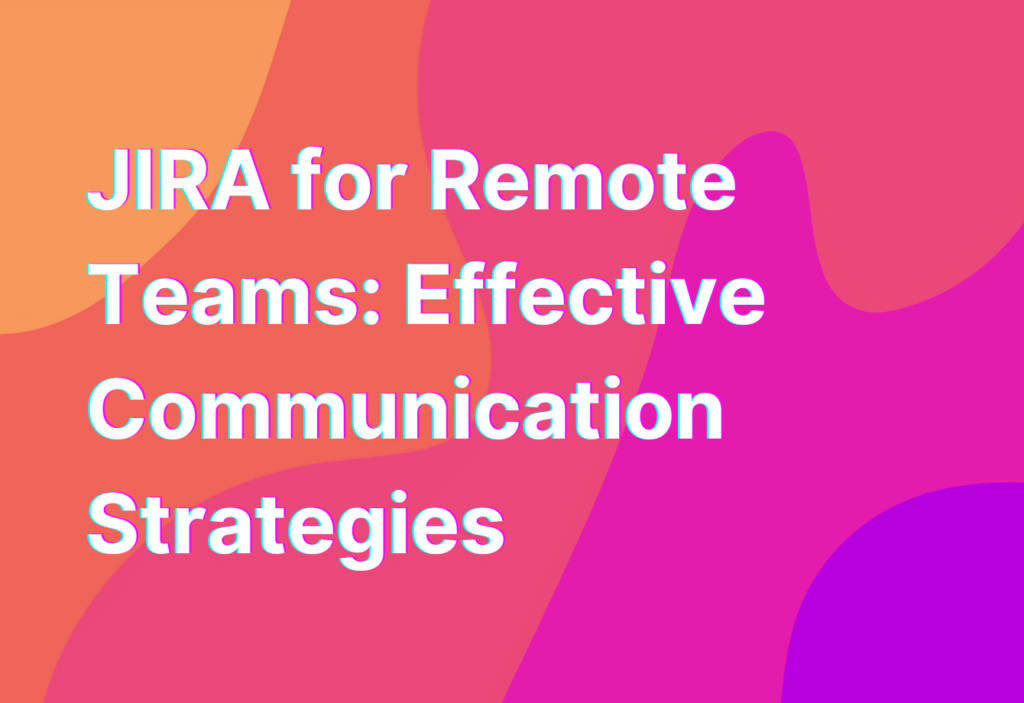Jet Lag: Essential Tips for Digital Nomads
Jet lag, the dreaded side effect of long-distance travel. As a digital nomad, you’re no stranger to hopping on planes and crossing time zones. But dealing with jet lag can throw a wrench in your productivity and enjoyment of your new destination. Don’t worry, though! I’ve got some essential tips to help you combat jet lag like a pro.
1. Adjust Your Sleep Schedule Before You Travel
One of the best ways to minimize the effects of jet lag is to gradually adjust your sleep schedule before you even leave. Start shifting your bedtime and wake-up time a few days before your trip to align with the time zone of your destination. This will help your body adjust more smoothly when you arrive.
For example, if you’re traveling from New York to Tokyo, which is a 13-hour time difference, start going to bed and waking up an hour earlier each day leading up to your trip. By the time you arrive in Tokyo, your body will already be somewhat adjusted to the new time zone.
2. Stay Hydrated
Hydration is key when it comes to combating jet lag. Airplane cabins are notorious for their dry air, which can leave you feeling even more fatigued and dehydrated. Make sure to drink plenty of water before, during, and after your flight to keep your body hydrated.
Pro tip: Avoid excessive caffeine and alcohol, as they can further dehydrate your body and disrupt your sleep patterns.
3. Get Some Sunlight
Exposure to natural sunlight can help regulate your body’s internal clock and reduce the effects of jet lag. Try to spend some time outside in the sunlight as soon as you arrive at your destination. This will help reset your circadian rhythm and adjust to the new time zone.
If you’re arriving at your destination during the evening, try to avoid bright lights and screens that emit blue light, as they can interfere with your body’s production of melatonin, a hormone that helps regulate sleep.
4. Take Short Naps Strategically
Napping can be tempting when you’re feeling tired from jet lag, but it’s important to nap strategically to avoid disrupting your sleep schedule further. Keep your naps short (around 20-30 minutes) and try to schedule them during the early afternoon. This will help you stay awake until your desired bedtime and adjust to the new time zone more quickly.
5. Stay Active
Exercise is not only beneficial for your overall health, but it can also help combat jet lag. Engaging in physical activity can boost your energy levels and help regulate your sleep patterns. Try to incorporate some light exercise, such as walking or stretching, into your daily routine while you’re adjusting to the new time zone.
Now that you have these essential tips in your digital nomad toolkit, you’ll be well-equipped to conquer jet lag and make the most of your travels. Safe travels and happy exploring!
Wrapping Up
Jet lag is a common challenge for digital nomads, but with a few simple strategies, you can minimize its impact on your productivity and well-being. By adjusting your sleep schedule, staying hydrated, getting sunlight, strategically napping, and staying active, you’ll be able to combat jet lag like a pro. Remember, taking care of yourself is essential for enjoying your remote work lifestyle to the fullest.
If you’re interested in learning more about the digital nomad lifestyle, be sure to check out our Kindle Digital Nomads Travel Lifestyle Guide. It’s packed with valuable information and tips to help you thrive as a digital nomad. Happy travels!


